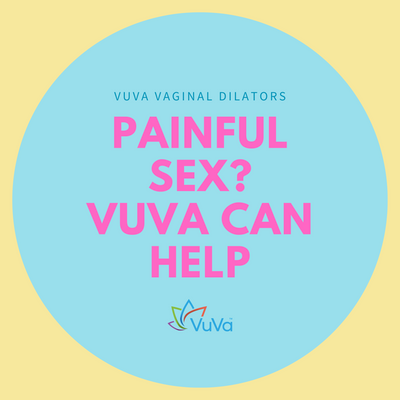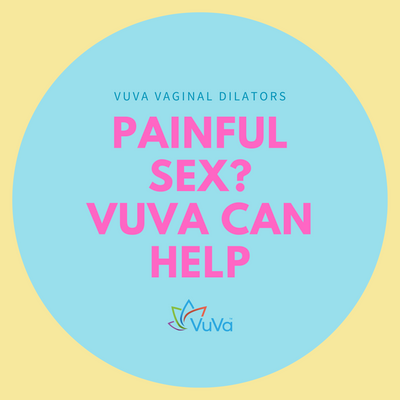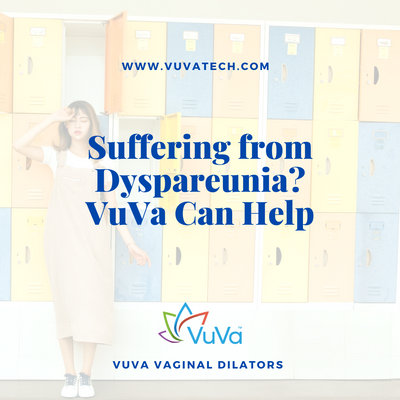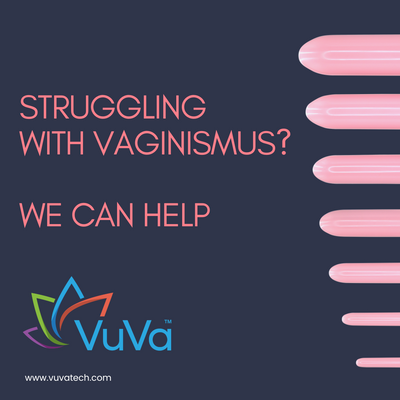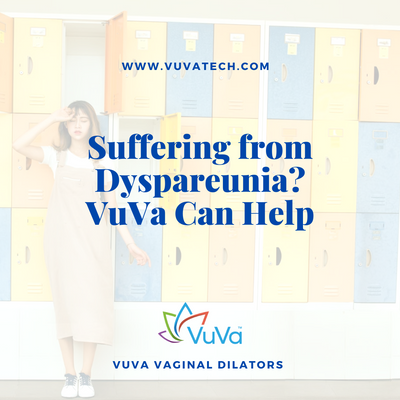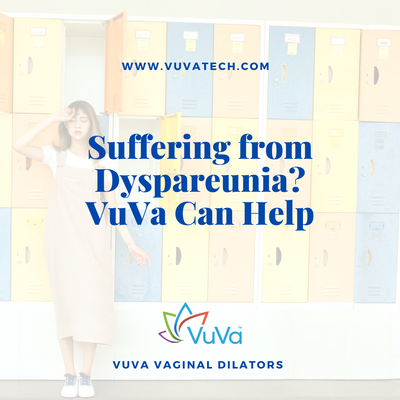
| Tara Langdale
Can Candida Cause Vulvodynia?
Vulvodynia, the silent affliction, affects thousands of women. If you take the time to read the countless stories on the National Vulvodynia Association's website, you'll hear from women who have struggled for years to overcome vulvodynia and those still managing.
Most will tell you that the cause of vulvodynia is unknown. (1) Some may wonder if Candida can cause vulvodynia. While more research needs to be conducted, there is evidence that recurring Candida or vaginal yeast infections can result in vulvodynia.
What is Candida?
According to medical education by the Centers for Disease Control and Prevention (CDC), Candidiasis, or yeast infection, comes from a fungus called Candida. The fungus or yeast lives peacefully inside and throughout different parts of the body, including the vagina, gut, throat, and mouth.
However, Candida can grow uncontrollably, resulting in an infection that causes vaginal changes and vulvar pain. When candidiasis occurs in the vagina, it's called vulvovaginal candidiasis, vaginal candidiasis, or candidal vaginitis. (2)
Other types of Candida albicans can occur, including a urinary yeast infection or a genital yeast infection. Or thrush candida in the throat and mouth. (3)
Symptoms of Candida
When you have a Candida allergy, your symptoms may overlap with other conditions, making it hard to determine the cause. Vulvodynia patients may experience one or more of the following symptoms.
- Burning pain, especially when going to the bathroom or during sexual intercourse
- Itching in the vulvar tissue and vagina
- Inflammation, resulting in itchy, chronic pelvic pain
- Vulva becomes red and sore
- White cottage cheese-like discharge
- Watery vaginal discharge
- Vaginal rash
- Irritability, anxiety, and depression
Vaginal yeast infection symptoms may be mild or moderate, but have a significant impact on women’s health. (4)
Connection Between Candida and Vulvodynia
Vulvodynia is a chronic condition resulting in vulvar pain that can come from a history of yeast infections. In one study of mice with recurrent infections, they also developed chronic vulvar pain. In the mice model, they were given an active infection and then provided a cure.
After the first round and cure, mice healed normally. However, after the third infection, this changed. Even though the yeast infection had been alleviated, the pain research showed they had itching, pelvic pain, and sensitivity in the vulva remained. The nerve fibers had been altered to cause persistent pain. (5)
Further Findings
The research by Melissa Farmer and published in the Science Translational Medicine Journal, also showed that mice had vulvodynia up to 70 days after the yeast infection disappeared. These findings, while in mice, are essential for women with vulvodynia as well. (6)
Up until the last few years, vulvodynia researchers have struggled to find the exact cause of vulvar pain. Everything from sexually transmitted diseases to sexual abuse has been hypothesized. Around six million women suffer from vulvodynia, and the discovery that chronic vaginal yeast infections may trigger the vaginal pain or vulvar vestibulitis is important.
Vulvodynia patients find it hard to sit for long periods, wear specific clothing, undergo a pelvic exam, or even endure tampon insertion. Not to mention the pain disorder can make having a healthy sex life impossible. Finding a direct cause may provide treatment options never considered before. Or even prevent the problem from occurring in the first place.
Vulvodynia Treatment and Candida
Anytime you have a yeast infection, the first step is to remove the itching and burning fungus. Health professionals usually prescribe an antifungal medication to control fungus growth. However, once the yeast infection goes away, you may still have vulvodynia symptoms. Curing vulvodynia is possible with one or more of the following solutions.
Dilation Therapy with Vaginal Dilators
Vaginal dilators help train your vulvar tissue to relax. When your pelvic floor muscles have become tightened, inflamed, or stretched, pain occurs. Vaginal dilators are tube-shaped devices that come in various sizes. You slowly insert a dilator into your vagina to ease the chronic pain over time.

VuVa Dilators are available at www.vuvatech.com
The natural home remedy comes with no side effects (besides the possibility of moderate discomfort and mild spotting at first). Your pelvic floor holds and protects the vagina and vulva, and vulvodynia can result in pelvic floor spasms referred to as vaginismus. Those spasms contribute the vulvar pain and may even lead to a vulvodynia flare-up. You can treat vulvodynia flare-ups with vaginal dilators.
Other Vulvodynia Treatments
Vaginal dilators are an effective treatment for vulvodynia caused by Candida and other health conditions. However, you may want to try a multifaceted approach of combining different remedies to ease vulvodynia pain, including:
- Cognitive-behavioral therapy (helps women view and understand their vaginal pain in a new light)
- Biofeedback therapy (provides measures for controlling bodily functions, including vaginal pain)
- Medications (tricyclic antidepressants help desensitize vaginal tissue causing the pain)
- Low-oxalate diet (eliminate foods that may trigger a vulvodynia outbreak)
Women can also reduce trigger factors, such as wearing tight clothing or sitting for long periods to manage vulvar sensitivity.
Diagnosis of Vulvodynia Connected with Candida
The diagnosis of vulvodynia, in general, can be difficult for some women to receive. Mostly due to a lack of clinical research in the medical world and not knowing the exact cause. Also, vulvodynia can have different factors working together, such as recurrent yeast infections, menopausal symptoms, or vulvodynia subsets.
However, it's essential to know that you're not alone. Many women at all ages struggle to find a solution for vulvodynia. It lowers the quality of your life, personal relationships, and mental and physical wellbeing.
You may have to speak to one or more gynecologists or doctors before you find the right treatment plan for your body. Know that vaginal dilators are proven to reduce vulvodynia pain and provide a simple yet effective solution for most women.
- https://www.nva.org/patient-services/patient-stories/
- https://www.cdc.gov/fungal/diseases/candidiasis/genital/index.html
- https://www.cdc.gov/fungal/diseases/candidiasis/thrush/index.html
- https://www.mayoclinic.org/diseases-conditions/yeast-infection/symptoms-causes/syc-20378999
- https://www.ncbi.nlm.nih.gov/pmc/articles/PMC3243907/
- https://drive.google.com/file/d/1OByw1XwICA59ikdKs3Q8vGWjzz6RyQvJBm82hBkwkQDpc8FnTqqR198lCupg/view
Do you need to order vaginal dilators so you can start your pelvic floor therapy process? Made in the USA. Visit www.vuvatech.com
VuVa Helpful Links:
How do Neodymium Vaginal Dilators work?
7 Reasons for a Tight Vagina and How to Loosen
How to Relax Vaginal Muscles, Vaginismus & Sex
Vaginal Stretching - Keeping in Shape with Dilators
Do Dilators Really Work? Yes, and They can Improve Your Sex Life!
Shop for VuVa Vaginal Dilators
Tara Langdale Schmidt is the inventor of the VuVa Dilator Company. She has pelvic floor dysfunction herself and wanted to create a dilator set that is made in America that women can trust. VuVatech has been in business since 2014 and has helped over 50,000 women all over the globe. She patented the Neodymium Vaginal Dilator, that is clinically proven to help with blood flow and nerve pain.


